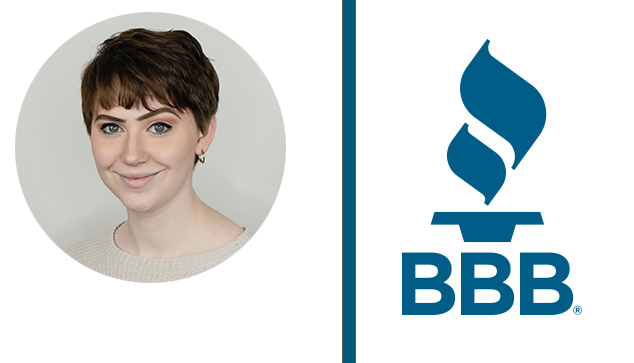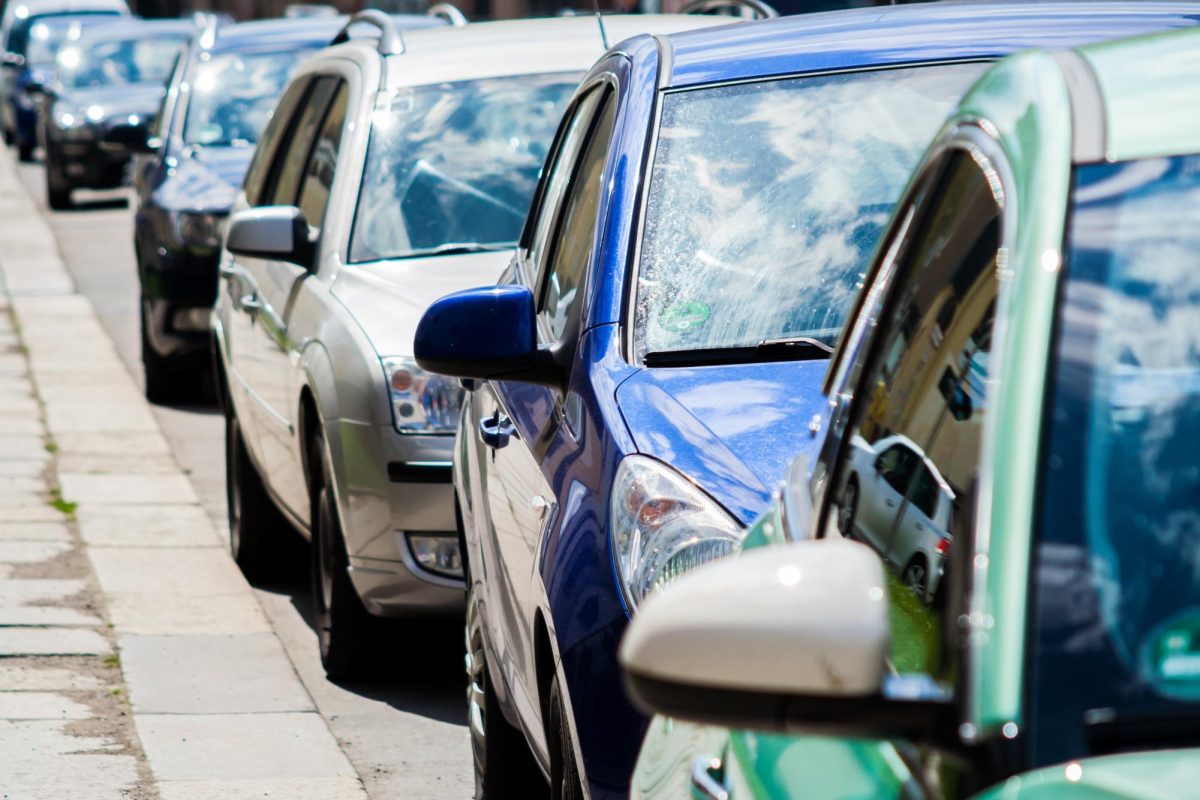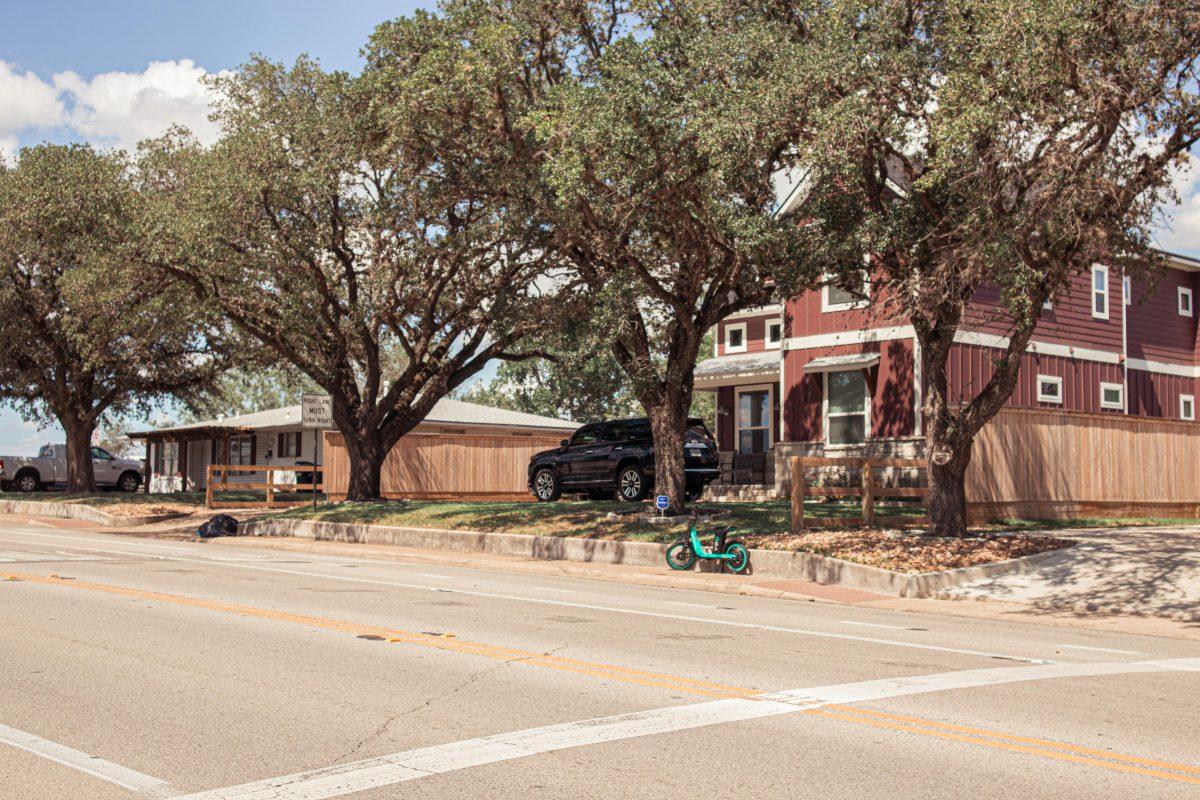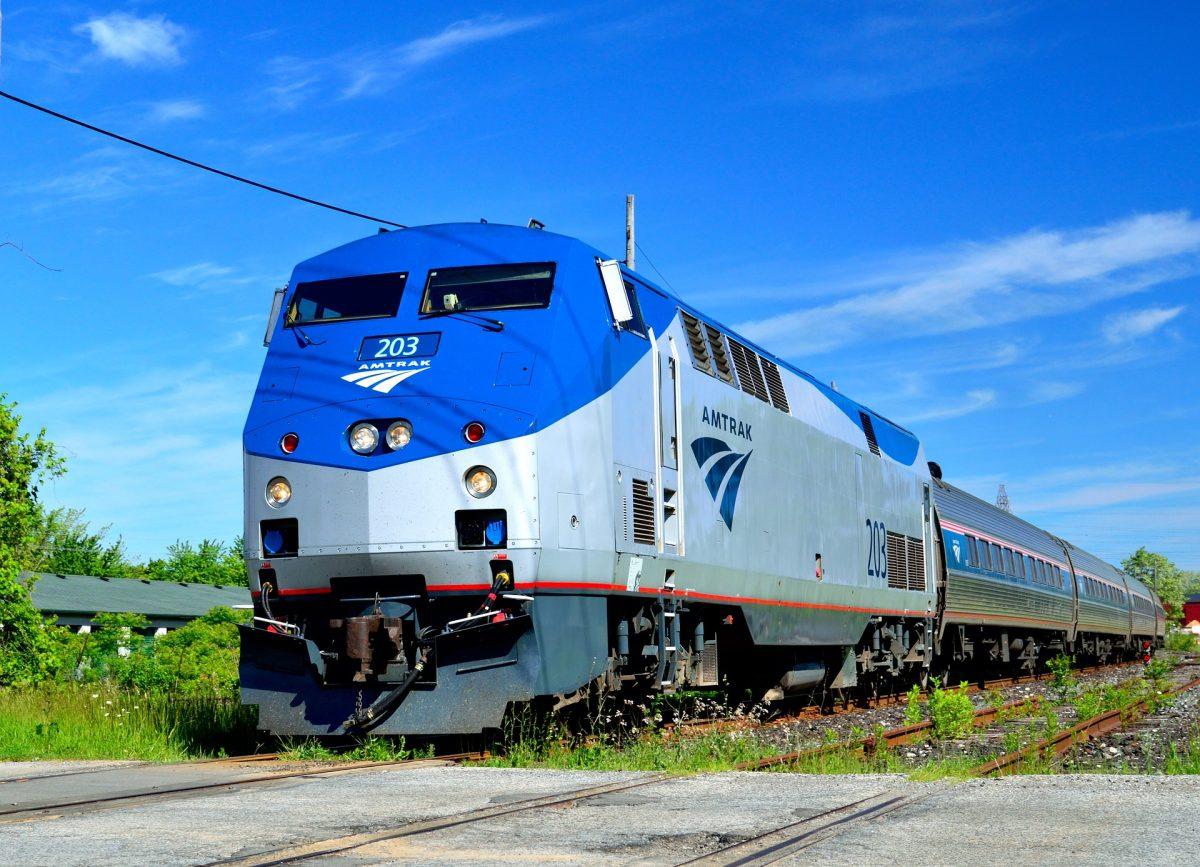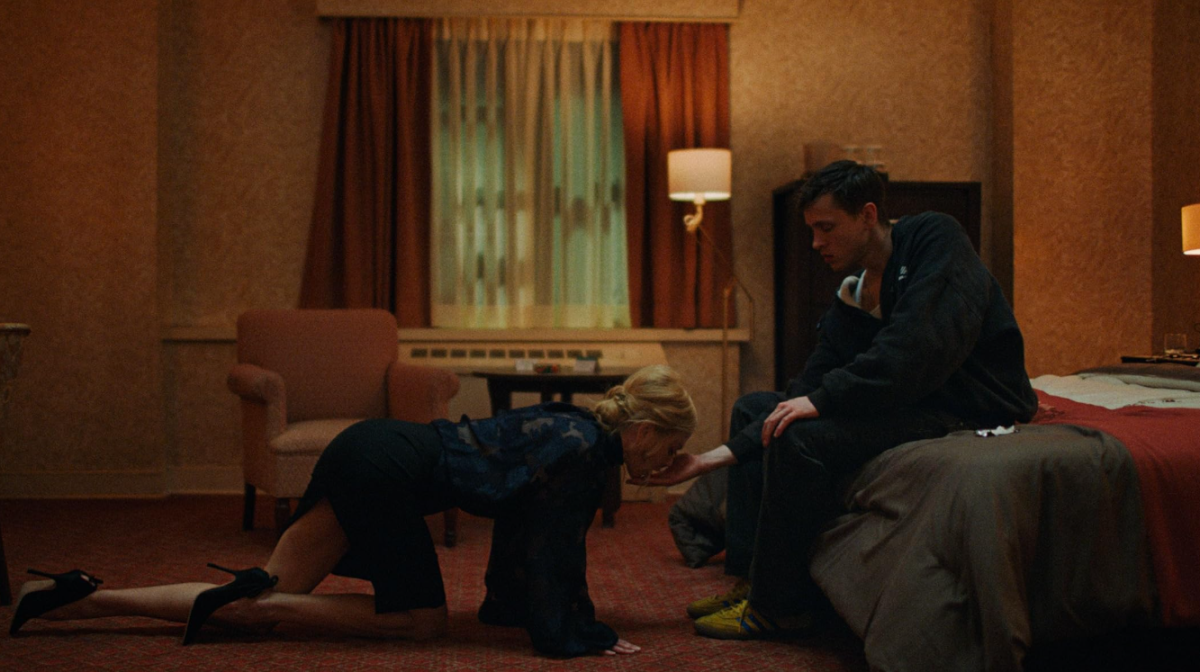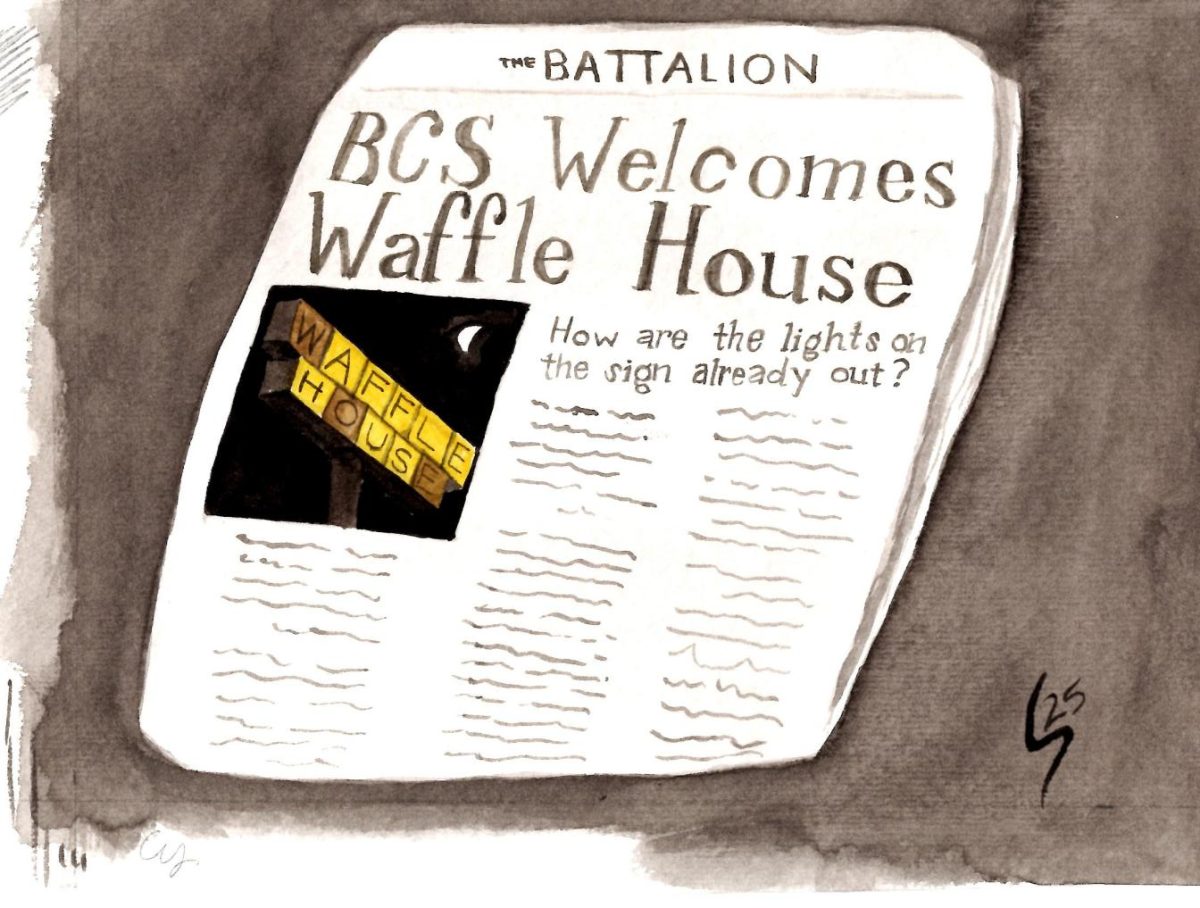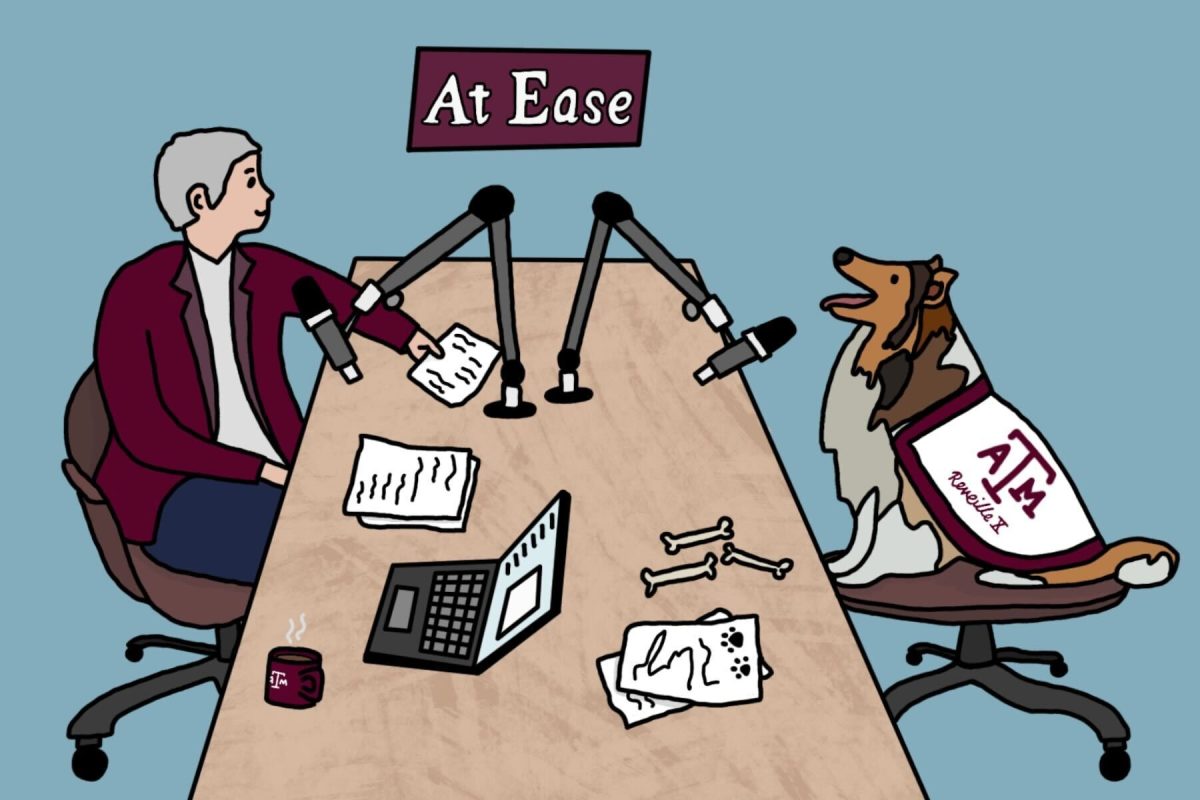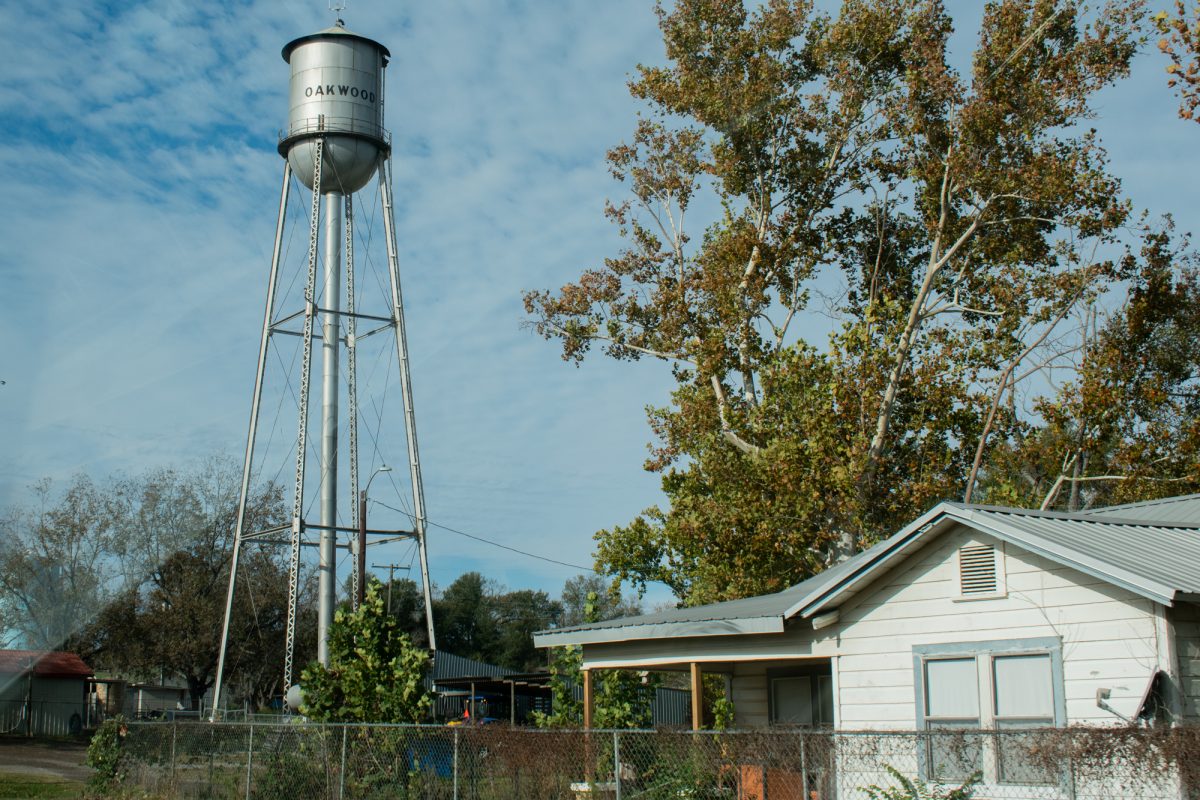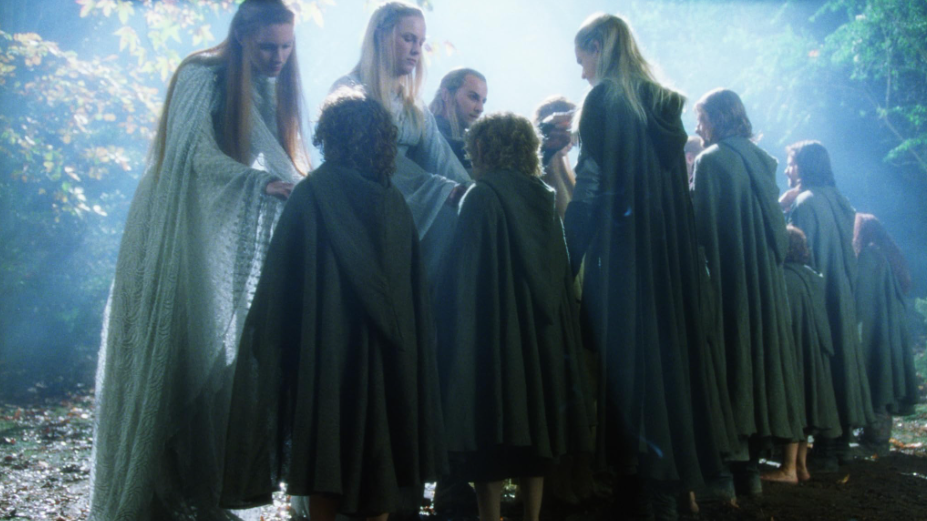You probably know by now that once someone turns 18, they can apply for their own credit cards. In fact, you probably started getting mail from credit card companies the second your 18th birthday arrived. There’s a lot of responsibility that comes with opening a line of credit, but plenty of benefits that come with it as well. Once you weigh the pros and cons, and know how to manage a card, you just need to ask, “Am I ready to apply for one of my own?”
BBB serving the Heart of Texas has the following tips for anyone considering opening their first credit card:
-
Building credit. It won’t take long before you realize the impact your credit score and history have on your life. You’ll also find that a higher credit score means lower interest rates on things you want to buy on credit. There are a few ways you can start building credit, but the easiest is to have and make regular payments on a credit card. Paying the balance on your card can show creditors you’re a suitable credit risk (meaning, you can handle bigger payments like a car or rent). Just be sure to use it responsibly, otherwise damage done can impact you for years.
-
Don’t overspend. This is the biggest risk for first-time credit card users. It can be incredibly easy to accumulate credit card debt if you don’t fully understand how it works. Credit is borrowed money, so when you pay for something with your Visa or Mastercard, it doesn’t come directly out of your bank like paying with a debit card. You have a balance, which is the amount you’ve spent since your last payment. You can choose to fully pay the balance or only make the minimum monthly payment. The thing is, when your credit card balance moves from one month to the next, it gains interest. And it be, a lot. Standard credit cards have some of the highest interest rates out there. There’s also your spending limit, or how much you’re allowed to put on the card. You may have a higher spending limit than checking account balance, but you still have to pay the credit card company back. A good rule of thumb is to never spend money you don’t actually have.
-
Monitor your credit. Late or missed payments are things that can affect your credit score and history. Setting up automatic payments is the safest way to avoid this. You can also see the way your financial habits affect your credit by checking your credit report.
-
Shop safe online. Only buy from secure sites (ones that have ‘https’ or a lock icon next to the URL) to keep unwanted people from getting ahold of your credit card information. Most credit cards also offer a level of buyer protection you can’t get from debit or cash transactions.
-
Review your statements. Keep a close eye on your credit statements. If you see a purchase you didn’t make, contact the credit card company immediately. They can remove the charge and take measures to keep your information safe, even if it means sending you a new card.
The first time you consider everything that goes into having and using a credit card, it can be overwhelming, but this information can help you decide if you’re ready to start building credit. For more tips, visit us at bbb.org.




